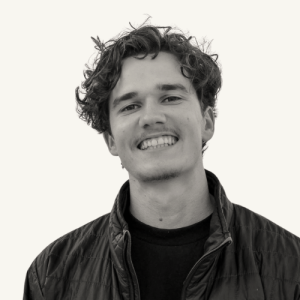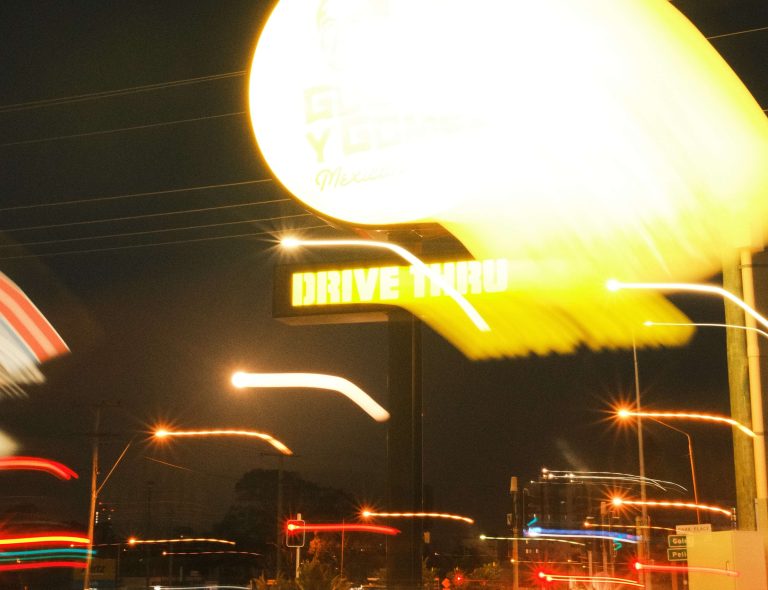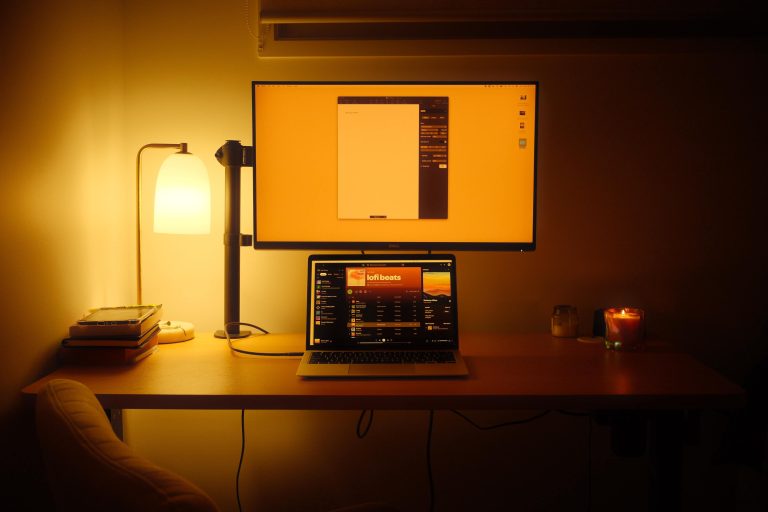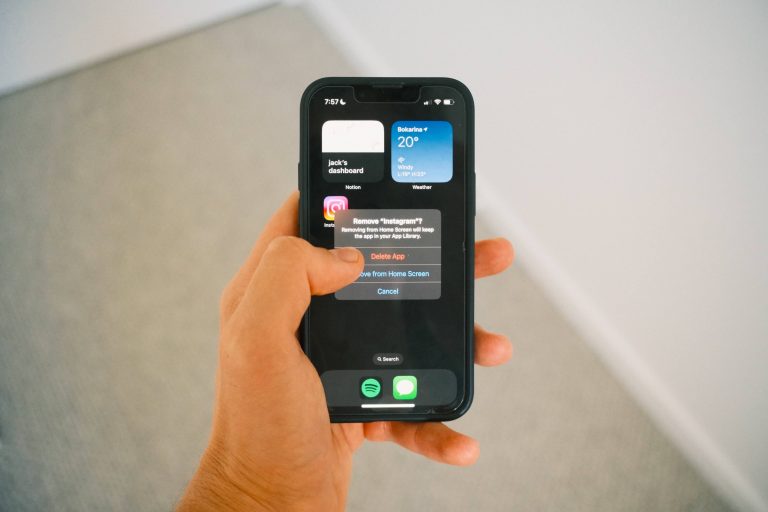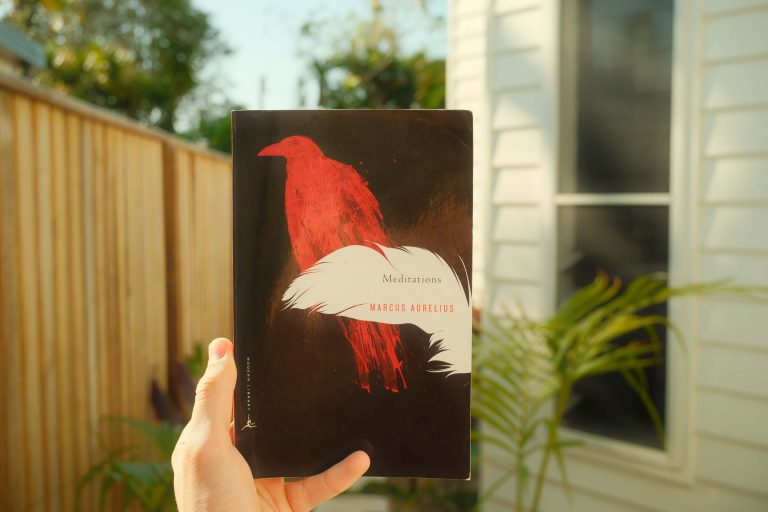You’ve been lied to.
You think the more you do, the more you’ll achieve.
So you take on more than you can handle.
You bounce between tasks, bounce between goals, and never actually achieve anything meaningful.
How do I know?
Because that was me.
Learning to reduce, simplify and focus on what truly matters is one of the greatest skills you can learn.
A chronic multi-tasker who jumped from one new shiny goal to the next.
I’ve achieved more of my goals during the first six months of 2024 than I have over the last five years.
And it’s all thanks to the power of single-tasking.
What Is Single-tasking?
Single-tasking is, you guessed it, the act of focusing on one task at a time.
It sounds so simple, yet a lot of us lack the skill to do it.
We have lost our ability to focus and, with it, our ability to stick to a meaningful goal or task when it starts to get challenging.
This manifests itself in many ways.
When we’re writing something, and we can’t think of what to say, we’ll pick up our phone and scroll through Instagram to soothe that ounce of discomfort.
This little action seems so harmless, but over time it has destroyed our ability to stay focused.
Our pain tolerance is incredibly low these days, that’s why we’re chronic multi-taskers.
As soon as something gets difficult, we jump ship.
Single-tasking requires us to push through those moments of discomfort and actually stay focused on the task at hand.
That’s why it’s so hard to do – you’re literally fighting against your brain.
But that’s also why it’s so damn powerful.
Implementing Single-tasking For Enhanced Focus
“Efforts to deepen your focus will struggle if you don’t simultaneously wean your mind from a dependence on distraction.”
Cal Newport – Deep Work
There are two ways I’ve implemented single-tasking into my life – on a micro and macro level.
The first is the most obvious – I use single-tasking for deep work (mainly, my writing).
I write my 1000+ word blog post and the Mind Fuzz newsletter in a single morning.
I didn’t have the ability to do this when I first started, because I struggled to stay focused.
But now it’s second nature.
Here’s how I do it:
1. I Set Clear Goals
My goal each weekend is simple.
Produce one newsletter and one blog post.
That’s it.
I don’t wake up on a Saturday morning wondering what I’m going to publish on my website this week.
I wake up, draft an article outline, shot my espresso and type like mad!
This doesn’t feel like work to me anymore, it’s actually the highlight of my weekend.
Having a clear goal to work towards will save you more time than you realise.
And it’ll make the process much more enjoyable.
2. I Time Block
Saturday morning (or Sunday depending on the week) is when I write.
This is what I tell myself, this is what I tell my friends, and this is what I do.
If you want to complete a task, you need to set aside time for it.
Once again, it sounds simple – but it makes the world of difference.
Writing on the weekend is now a habit.
I don’t question whether or not I’m going to do it, because it’s ingrained in me now.
Set some time aside, and stick to it.
3. I Put My Phone On Do Not Disturb
There is nothing distracting me when I write.
I put my noise-cancelling headphones on (with no music playing) and I put my phone on Do Not Disturb.
Instead of checking my phone when I can’t think of what to write, I close my eyes and just breathe, or go for a short walk around the house.
Numbing your mind by scrolling will not solve the problem, it will just push the problem back to a later date.
These three small habits have completely changed the way I work and the enjoyment I get out of it.
Implementing Single-Tasking To Achieve Goals
“The best way to achieve your goals and change your life is by not changing your entire life, but by focusing on just one thing at a time.”
James Clear
The second way I’ve implemented single-tasking into my life is on a macro level.
Let me tell you, incorporating single-tasking when setting goals is a game-changer.
The whole process of goal-setting is tough, and most people overshoot it.
I certainly used to.
We tend to set goals in multiple domains of life and try to achieve them all at the same time.
This, again, is the trap of multi-tasking.
Let me simplify this process for you.
When setting goals, you have two choices:
1. Set goals in multiple areas of your life and achieve them simultaneously, more slowly and with a greater chance of error.
Or…
2. Set a goal in one area of life, achieve it quicker, with less chance of error, but at a slight detriment or lack of progress in other areas of your life.
I’ll be honest, on the surface, the first point seems much more attractive.
Imagine being able to achieve goals in all aspects of your life at once?
But you and I both know this never really works.
I have an obsessive personality, so when I get into something, I really get into it.
So, let’s say I have multiple goals of hitting a 200kg deadlift, running a 22:00 5km, hitting 500 newsletter subscribers and making three new friends this month.
I will gravitate towards the goal that I’m enjoying most which is, most likely, the goal with the least amount of discomfort.
The other goals are just distractions that make me think I’m achieving more.
When, in reality, they’re just hindering my progress.
Where focus goes, energy flows.
If you’re pouring all of your energy into a meaningful goal, it only makes sense that those other goals you have are not getting the amount of energy they need.
This is okay, and recognising this is a crucial part of the process.
Focus On One Thing, Watch What Happens
“Enjoyment appears at the boundary between boredom and anxiety, when the challenges are just balanced with the person’s capacity to act.”
Mihaly Csikszentmihalyi – Flow
Think of one area in your life that you really want to improve.
Do you want to earn more money?
Do you want to lose weight or build muscle?
Choose one simple and specific goal related to that objective.
Then pour all of your energy into it.
Immerse yourself completely.
Tell yourself it’s going to be hard.
And promise yourself that when it does get hard you won’t just jump to another goal.
More is not better, it never was.
Single-tasking will change your life – if you let it.


